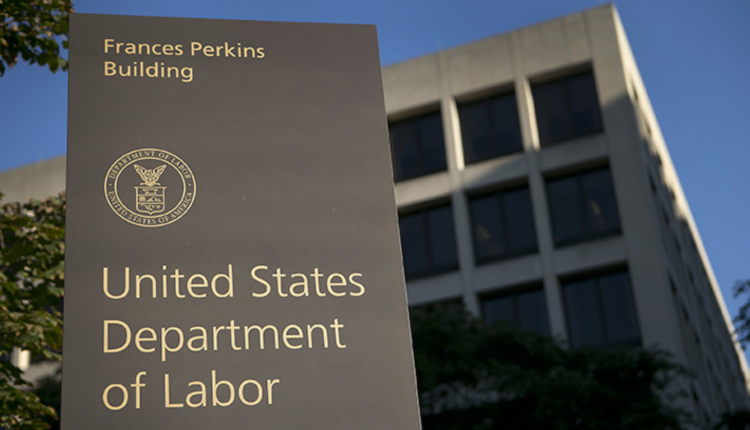CHARLOTTE AMALIE — For the third consecutive year, the U.S. Virgin Islands is the only jurisdiction in the United States to not meet its outstanding Unemployment Insurance (UI) loan obligation to the U.S. Department of Labor.
Because the Virgin Islands Department of Labor failed to make a critical USDOL payment by November 10, 2020, all private sector employers will have to pick up the slack for the territorial government and pay six times as much for unemployment insurance as any other state or territory.
“Once again, if you budgeted to pay $42 per employee, be prepared to pay $252 per employee by February 1, 2021,” St. Croix accountant Theresa Marie Frorup-Alie said today.
VIDOL’s failure to pay has now happened 11 years in a row and the Federal Unemployment Tax Act (FUTA) rate paid by private employers will go up $210 per employee next month, Frorup-Alie said.

“Each year the VIDOL is delinquent, there’s a 0.3 percent reduction off of the 5.4 percent that the feds grant as a credit to offset the six percent tax,” she said. “So, rather than the V.I. business owner paying $42/employee, they’re forced to pay $252 employee. Non payment of this tax to the IRS will be met with late payment penalty of 0.5 percent per month on outstanding tax, a 5 percent late filing penalty if form 940 is not timely filed and accrued interests that compounds monthly.”
The accounting expert said there are consequences for the territorial government not living up to its financial obligations to the federal government.
“The feds claim that employers in a FUTA Credit Reduction State pays a higher rate,” Frorup-Alie said. “Now that is supposed to include both private and public sector employers, but God only knows if the VIDOL is failing to repay these loans, how do we know if the Virgin Islands government is honoring each of its department’s obligations and making restitution to the IRS?”
Each year at this time, Frorup-Alie posts to her Facebook professional page information that is vital to small businesses relative to their obligations to the IRS, the IRB, and VIDOL.
Virgin Islands Department of Labor Commissioner Gary Molloy did not immediately return a request for comment to the Virgin Islands Free Press.
The Federal Unemployment Tax Act (FUTA) is a United States federal law that imposes a federal employer tax used to help fund state workforce agencies.
Employers report this tax by filing an annual Form 940 with the Internal Revenue Service. In some cases, the employer is required to pay the tax in installments during the tax year.
FUTA covers a federal share of the costs of administering the unemployment insurance (UI) and job service programs in every state. In addition, FUTA pays one-half of the cost of extended unemployment benefits (during periods of high unemployment) and provides for a fund from which states may borrow, if necessary, to pay benefits.
Until June 30, 2011, the Federal Unemployment Tax Act imposed a tax of 6.2%, which was composed of a permanent rate of 6.0% and a temporary rate of 0.2%, which was passed by Congress in 1976. The temporary rate was extended many times, but it expired on June 30, 2011.
Consequently, for the years until 2010 and the first six months of 2011, the FUTA imposed a 6.2 percent tax (before credits) on the first $7,000 of gross earnings of each worker per year. Once the worker’s earnings reach $7,000 during a given year, the employer no longer pays any FUTA for that year with respect to that worker. Certain credits are allowed with respect to state unemployment taxes paid that may reduce the effective FUTA rate to 0.8 percent.
Effective July 1, 2011, the rate decreased to 6.0 percent. That rate may be reduced by an amount up to 5.4 percent through credits for contributions to state unemployment programs under sections 3302(a) and 3302(b), resulting in a minimum effective rate on and after July 1, 2011 of 0.6 percent (6.0–5.4 percent).
https://www.investopedia.com/articles/taxes/08/business-payroll-tax.asp



